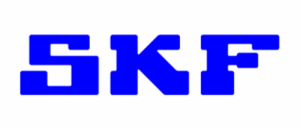Are you sure you want to perform this action?
Opening hours
-
Current time
-
PLEWISKA
- Monday - Friday
- 7:30 - 16:30
- +48 61 60 00 100
- [email protected]
-
CONTACT 24/7
- Contact after office hours
- +48 61 60 00 102
-
KATOWICE
- Monday - Friday
- 7:00 a.m. - 4:00 p.m.
- +48 48 32 88 00 300
- [email protected]
-
OLSZTYN
- Monday - Friday
- 7:00 a.m. - 4:00 p.m.
- +48 89 89 89 350
- [email protected]
Store
Confirm your action
























